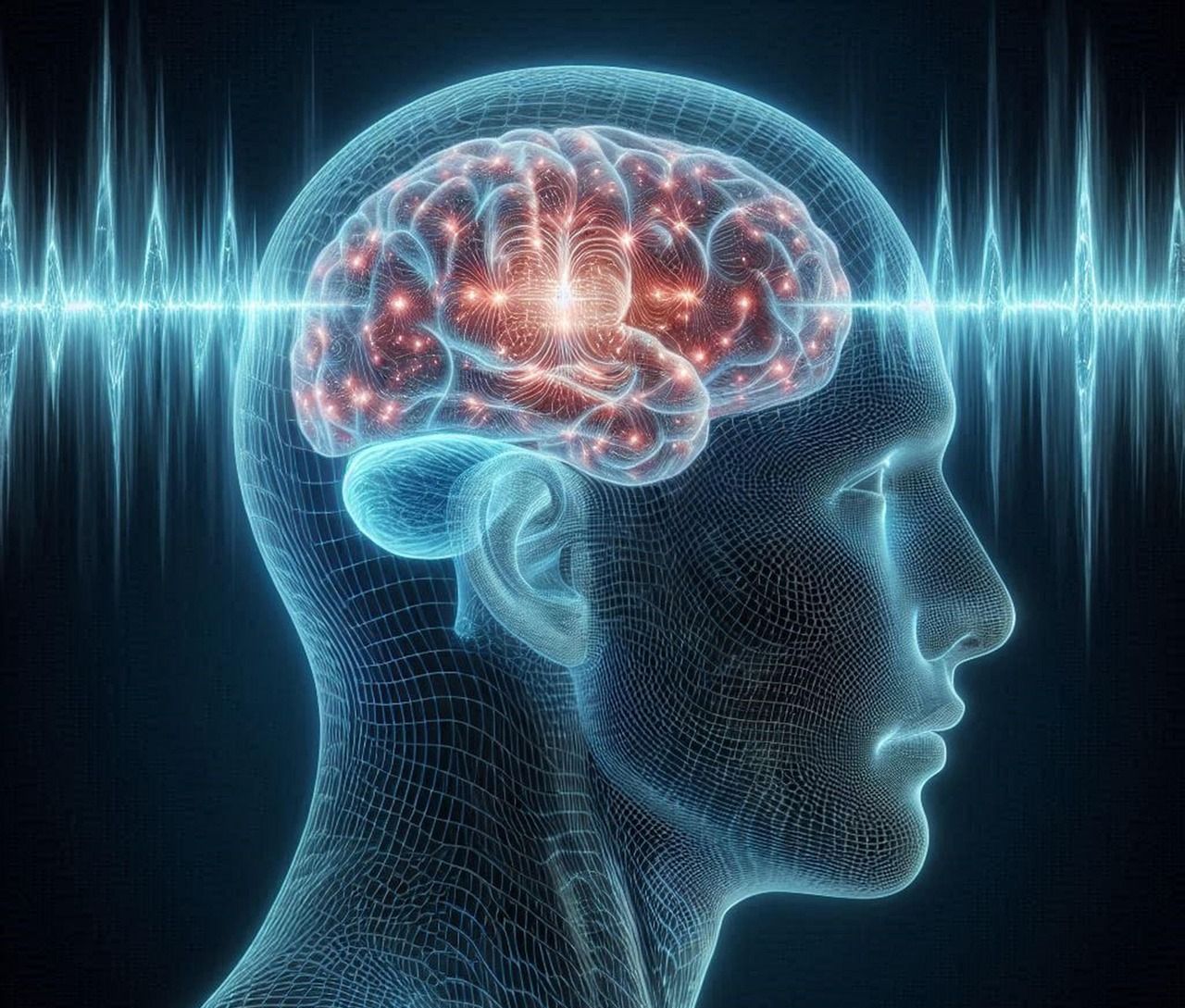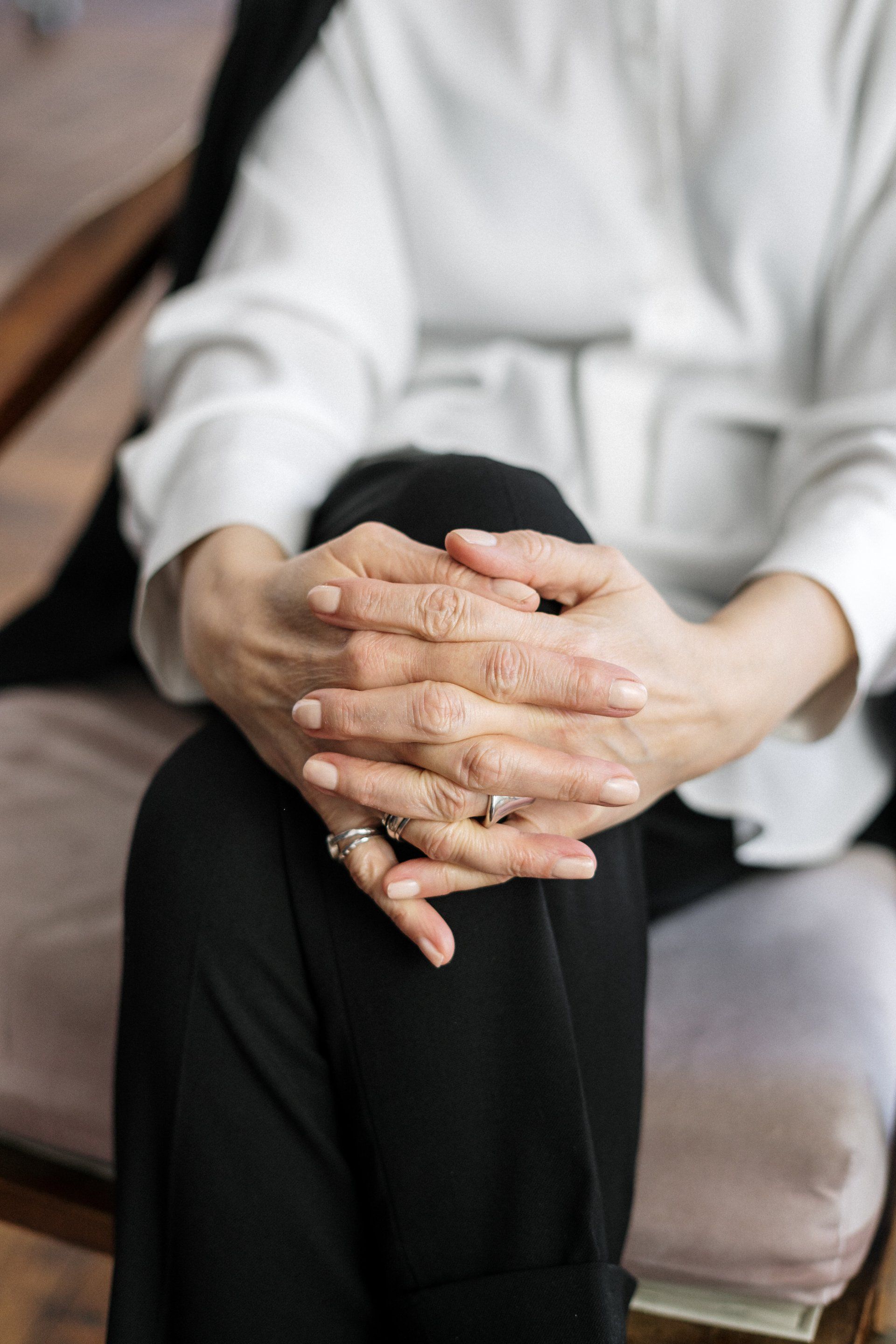All You Need to Know About the Differences Between a Betrayal Trauma Coach and a Therapist

You've probably heard about someone working with a life coach. But does coaching really help? Especially with things like betrayal trauma and other mental health issues?
The short answer is yes, although coaching may not be right for everyone. Many individuals suffering from betrayal have found healing or can move forward in their healing process with the help of a life coach. If you're feeling stuck or overwhelmed, a Betrayal Trauma life coach may be able to help. In addition, many coaching programs work in conjunction with therapy. It's important to note that life coaching programs are not meant to replace therapy treatment.
In this article, we'll share with you the benefits of a betrayal trauma coach. Likewise, we'll discuss how Capstone Counseling Atlanta's coaching program could be just what you need.
What is Betrayal Trauma?
Betrayal can come from another's infidelities, affairs, addictions, emotional abuse, and so forth. It is common to feel alone in such situations and not know who you can turn to for support. As you begin your journey, it's beneficial to have someone safe to process the multitude of feelings you're living with. Likewise, it's vital to focus on your personal healing and growth as you adjust to the aftermath of betrayal. This includes honoring yourself, your needs, and who you are separate from your partner. Remember, there is reason to hope that you can enjoy living life to its fullest again!
At Capstone Counseling Atlanta, we understand the reality of betrayal trauma. By design, our coaching programs provide our clients with support and a safe place to reflect on their experiences and aim for personal growth.

The Benefits of a Betrayal Trauma Coach
A betrayal trauma coach is trained to help people recover from betrayal, set goals, and find solutions to achieve them. Likewise, they serve as a support person and provide validation and empathy as their clients process their emotions. With their help, you can set goals to work toward and have someone to hold you accountable as you strive to reach them.
Forgiveness can be difficult to offer because it often involves letting go of resentment and bitterness. However, holding on to those negative emotions may be hurting you more than you realize. A betrayal trauma coach can help you find ways to work through the forgiveness process. The goal of a betrayal trauma coach is to help you find new solutions and feel supported in your efforts to heal. You deserve to find happiness again.

What Is the Difference Between a Betrayal Trauma Coach vs. A Therapist?
There are key differences between the roles of a betrayal trauma coach and a therapist. Simply put, a therapist has the training and licensure to help you work on your current issues by analyzing your past. In comparison, a betrayal trauma coach is trained to help you work on your present and future self.
Let's highlight a few other differences:
- A therapist can help you identify past trauma, offer diagnoses, and treat mental health issues. A life coach can not provide these services.
- A therapist may provide insight into your current issues by searching your past and assessing your mental health.
- A therapist may help you heal by helping you identify and understand the "why" behind current issues.
- A coach helps you with the "how" to achieve the goals you want to accomplish.
- A coach offers support and helps you find solutions for personal growth and development. Likewise, they may help you identify and gain insight into obstacles that may be holding you back from achieving your goals. Then, they can help you implement strategies to overcome those obstacles standing in the way of your goals.
- Like a therapist, a coach may specialize in a specific area, such as betrayal trauma.
- A coach can play a critical role in your healing process. They are there to offer a new perspective, hold you accountable, and support you in building your self-confidence. However, they can not diagnose or treat any mental health illnesses. In addition, you can not bill insurance for the services a coach provides.
Some therapists and coaches work together. In doing so, they help clients overcome issues such as betrayal trauma, relationship problems, and addiction. Likewise, they work together to help clients build or restore self-esteem, balance, and a sense of purpose.

Looking For Help to Heal From Betrayal Trauma?
If you're living with betrayal trauma and feel stuck, we may be able to help. Our Capstone Counseling Atlanta Coaching Program could be just what you need! We're here to help you identify your strengths, areas for improvement, and how to implement skills and strategies to get you to your goals.
Living a happy, active life again is possible. Call now to speak with a Capstone Coach today! We're here to help you get through the challenges that accompany betrayal trauma.











